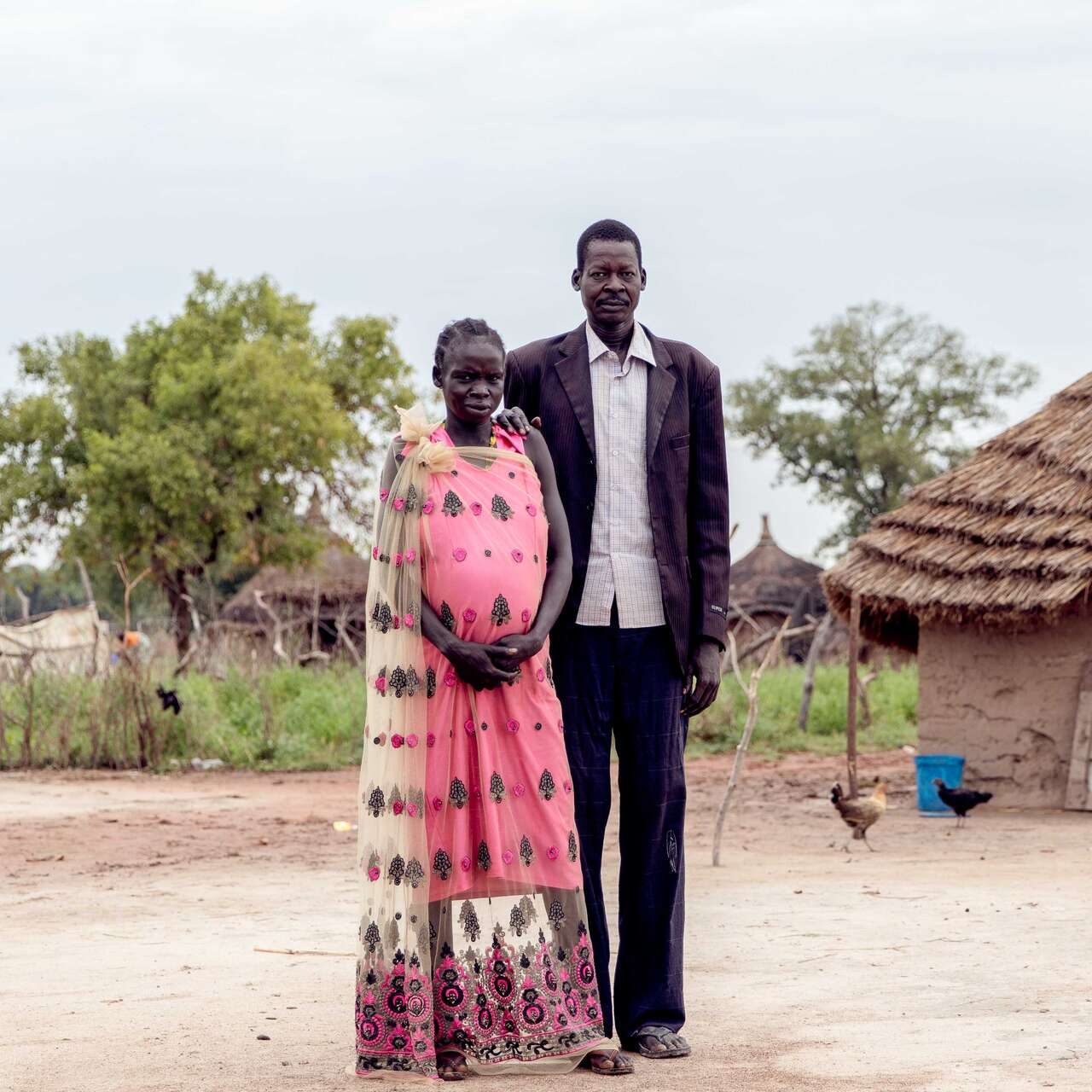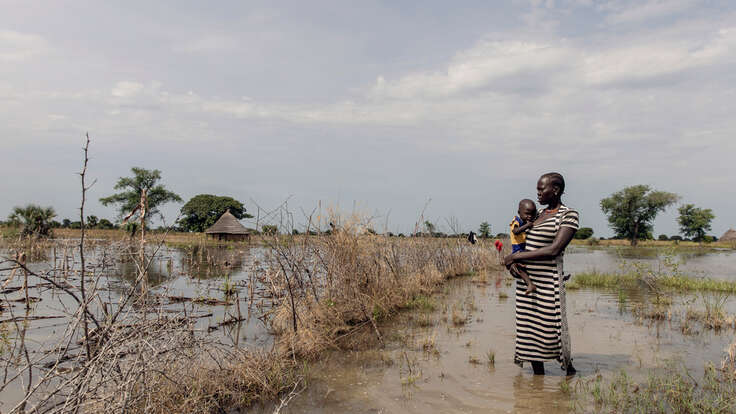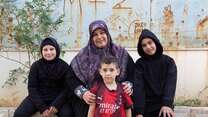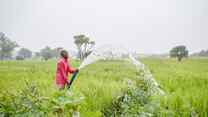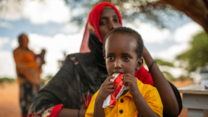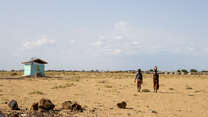Conflict and climate disasters deepen humanitarian crisis
- Conflict spillover from Sudan, political instability and the climate crisis are driving humanitarian needs in South Sudan.
- Economic turmoil has left families facing hyperinflation, extreme currency depreciation and food prices that were over 95% higher in July 2024 than in the previous year.
- Local conflict is likely to worsen in 2025 as economic collapse fuels additional violence.
- Violence against aid workers is undermining efforts to respond to extreme needs and catastrophic food insecurity.
Country facts
- People in need of humanitarian support: 9 million
- People facing crisis , or worse, levels of food insecurity: 7.1 million
- Rank in Human Development Index: 192 of 193
IRC response
- Started work in southern Sudan: 1989
- People assisted: 1.5 million in 2023
The region of southern Sudan had spent decades in the grip of ongoing conflict before South Sudan gained independence in 2011. The IRC provides lifesaving assistance and humanitarian aid to vulnerable South Sudanese communities.
After decades of civil war, southern Sudan seceded from Sudan in 2011. The new country, South Sudan, enjoyed two years of fragile peace before political rivalry erupted once again into open conflict in 2013, leaving an estimated 380,000 dead and 2 million displaced. 2.2 million people were forced to flee to neighboring countries.
A peace deal signed in October 2018 remains fragile and even if it holds, localized conflict will continue. Political tensions remain high as the country approaches its first-ever political elections, scheduled for December 2024.
Years of flooding and the continued arrival of refugees fleeing the ongoing conflict in Sudan are exacerbating humanitarian needs in the country. The price of food in border regions has increased by 30% and the Sudanese pound has rapidly devalued. Consequently, 7.1 million people are projected to experience crisis, or worse, levels of food insecurity.
Humanitarian needs in South Sudan are immense, with 9 million people, or 72% of the population, in urgent need of support.
A severe economic downturn and an overstrained healthcare system have contributed to rising levels of malnutrition. As the country approaches its first-ever elections, 2.3 million people remain internally displaced, with another year of drought and flooding set to exacerbate conditions.
Women and girls, in particular, are affected by the crisis in South Sudan, with many facing daily risks of violence, abuse and exploitation. Meanwhile, access to sexual and reproductive health services is limited across the country—hindering the wellbeing, education and livelihoods of women and girls.
Children are severely affected by conflict and distress in South Sudan due to violence, recruitment by armed forces, displacement, and lack of access to education, nutrition and healthcare.
Severe constraints on humanitarian access complicate the crisis, with bureaucratic requirements and instability routinely impeding humanitarian operations in the country.
The IRC’s mission is to help people whose lives and livelihoods are shattered by conflict and disaster to survive, recover and gain control of their future.
The IRC has been one of the largest providers of aid in southern Sudan for 35 years, offering emergency assistance throughout decades of war and supporting vulnerable populations in hard-to-reach areas. With more than 900 full-time staff in South Sudan, the IRC provides critical primary and reproductive health, nutrition, environmental health, protection, and economic recovery and resilience services to increasingly vulnerable internally displaced people, refugees, returnees and host communities.
The IRC in South Sudan partners with national and state authorities and local partners to strengthen health systems and support displaced populations to obtain durable solutions.
The IRC is focusing its efforts in Central Equatoria, Northern Bahr el Ghazal, Unity (including Ruweng Administrative Area), Upper Nile and Lakes states by:
- Expanding the capacity of state clinics and training local health workers to provide basic and reproductive health care;
- Integrating Mental Health and Sexual and Reproductive Health services with a comprehensive package of health services to promote holistic wellbeing;
- Providing survivors of sexual violence with comprehensive care, including medical, psychosocial and legal support;
- Mentoring stakeholders on governance, peace-building and conflict prevention to address the root causes of conflict;
- Delivering nutrition services and restoring wells and providing sanitation services to prevent the spread of disease;
- Providing returning South Sudanese refugees with emergency aid as well as job and livelihoods training;
- Supporting vulnerable children and adolescents affected by conflict and other crises through education, psychosocial services, and the promotion of nurturing care practices among their caregivers;
- Responding to the impact of climate shocks and natural disasters by promoting climate-smart programming and strengthening the climate resilience capacities of individuals and communities.
